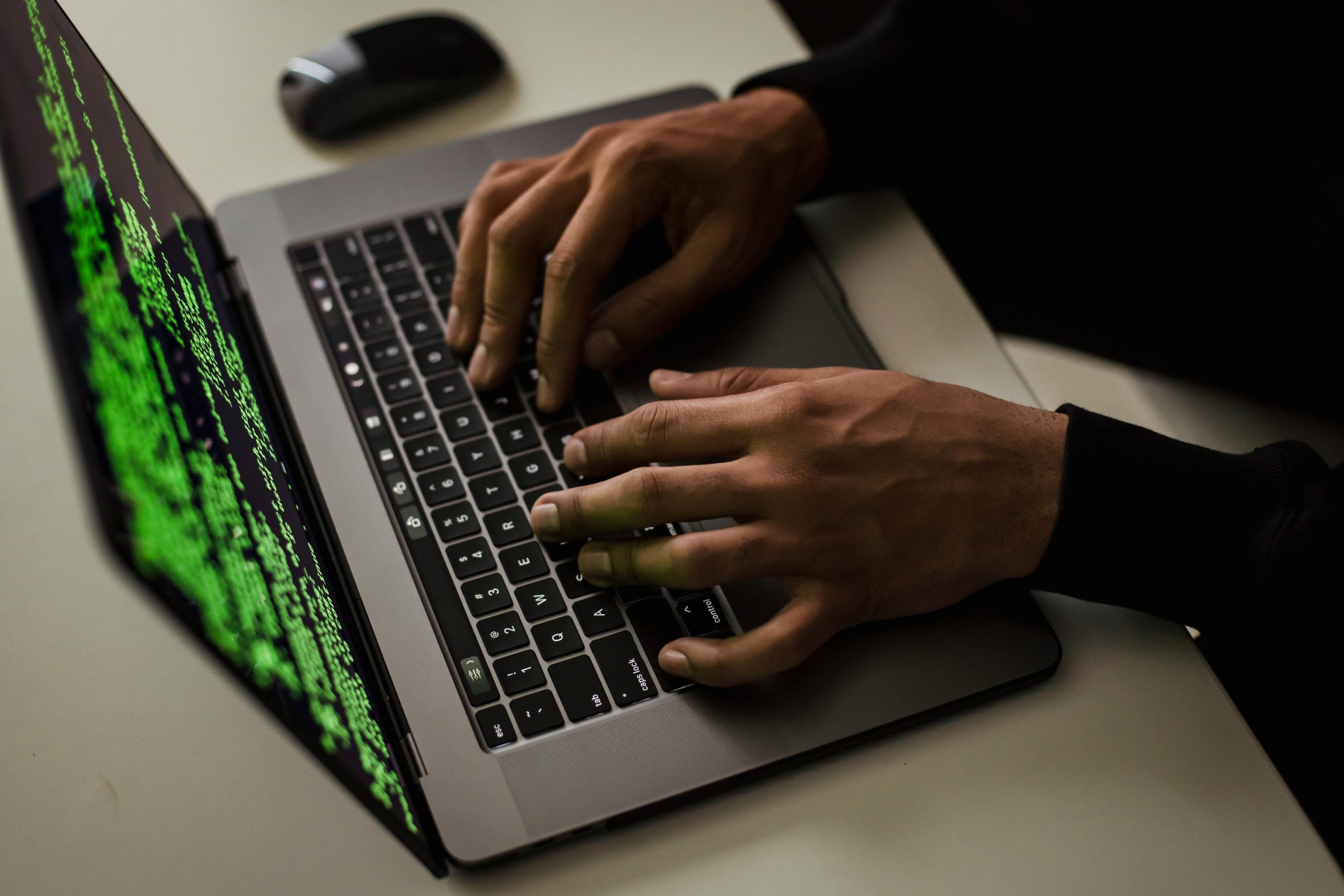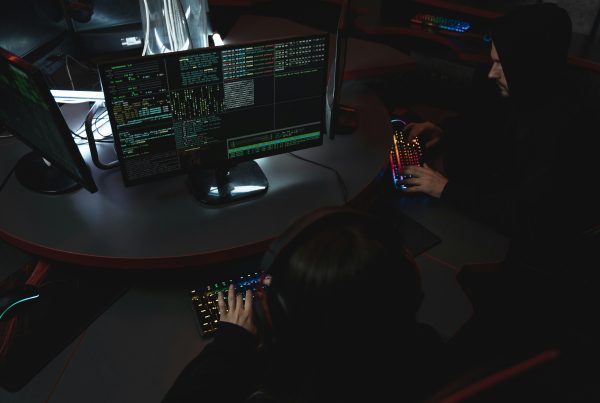Table of Contents
In a world where cyber threats evolve faster than defenses can be built, collaboration has become the new frontier of resilience. This is the vision behind the partnership between Sopra Steria, a European leader in digital transformation, and Yogosha, an Offensive Security Testing Platform powered by a global network of security researchers.
Together, they are reshaping how organizations anticipate, detect, and respond to digital risks — not as isolated players, but as part of a connected ecosystem.
A Partnership Rooted in Complementarity
With over 2,000 cybersecurity experts worldwide, Sopra Steria has built a reputation for delivering end-to-end cyber solutions — from prevention and protection to detection and crisis management.
For Jean-Luc Gibernon, who has spent over a decade developing these activities, Yogosha’s value lies in its unique offensive mindset:
“What’s specific about Yogosha is their hacker mindset. They think and act like real attackers — which means they uncover vulnerabilities others might overlook.”
This offensive DNA makes Yogosha the ideal counterpart to Sopra Steria’s blue and purple teams, bringing an external, adversarial perspective that continuously challenges existing defenses.
By combining Yogosha’s hacker-driven testing with Sopra Steria’s defensive expertise, organizations can build truly battle-tested systems — resilient, adaptive, and validated against real-world attack scenarios.
Scaling Offensive Security Across Europe
For Yassir Kazar, Yogosha’s co-founder and CEO, the partnership is more than a commercial opportunity — it’s a strategic accelerator.
“Through Sopra Steria, we gain access to a wider market and to long-term customer relationships. But more importantly, we can integrate our offensive testing directly into their managed security services — working together from detection to remediation.”
Beyond market reach, the collaboration provides shared resources, industrial capabilities, and a European scale that amplify Yogosha’s ambitions.
Together, Sopra Steria and Yogosha are building an industrialized offensive security framework — combining the agility of a startup with the structure and reliability of a major group.
Ultimately, customers benefit from the best of both worlds: cutting-edge innovation and speed on one hand; the strength, reach, and trust of a large European organization on the other.
With Yogosha’s Pentest-as-a-Service model, Sopra Steria’s clients can launch offensive security campaigns in under 48 hours, powered by a global community of vetted ethical hackers.
Since 2019, the partnership has led to over 200 vulnerabilities detected and remediated, helping organizations strengthen their resilience and reduce exposure times across critical assets.
When AI Becomes Both an Enemy and an Ally
Artificial Intelligence is transforming cybersecurity — for better and for worse.
As Jean-Luc notes, attackers have already weaponized AI, creating more sophisticated phishing campaigns, deepfake-driven scams, and automated identity theft.
“AI enables attacks that are faster, more deceptive, and harder to detect than ever before,” he warns. “But it’s also one of our most powerful tools for defense.”
At Sopra Steria, AI helps detect anomalies and accelerate incident response. At Yogosha, it’s changing the way offensive security is done.
“We use AI for triage,” explains Yassir. “It helps us instantly qualify vulnerability reports and filter out false positives. It also allows us to automatically detect low-hanging fruits, so our experts can focus on the most critical flaws.”
In other words, AI is becoming the invisible teammate — one that helps both defenders and security researchers scale their impact.
But like any powerful teammate, it also carries its own invisible flaws.
As organizations rush to integrate AI into their workflows, many underestimate the risks linked to its opacity — from data leakage and model poisoning to uncontrolled automation.
The line between ally and threat is thinner than ever, and mastering AI responsibly will be one of the next great challenges in cybersecurity.
The Real Risk: Neglecting Cybersecurity
While technology evolves, one of the biggest challenges remains cultural.
Yassir highlights a dangerous misconception still present in many boardrooms:
“The worst blind spot today is a leadership team that sees cybersecurity as a cost rather than an investment. That mindset prevents organizations from using cybersecurity as a competitive edge.”
And Jean-Luc’s words serve as a sober reminder of what’s at stake:
“Whoever you are — in terms of cyberattacks — the worst is yet to come.”
Jean-Luc’s words resonate far beyond cybersecurity.
In a world marked by geopolitical instability, technological acceleration, and growing digital interdependence, uncertainty has become the new normal.
In this context, cybersecurity must evolve from a reactive posture to a strategic stance — one capable of anticipating and adapting to the unknown.
Building this kind of cyber resilience means positioning cybersecurity not just as a layer of defense, but as a core capability of organizational agility — a way to navigate volatility with confidence rather than fear.
Ignoring cybersecurity today is not just risky; it’s existential. The cost of a breach — financial, operational, reputational — far outweighs the cost of proactive protection.
Europe’s Next Cyber Challenges
Looking ahead, both experts agree that Europe is entering a critical decade for cybersecurity.
Jean-Luc sees two major battles on the horizon. The first is hybrid threats, blending digital intrusions, physical sabotage, and disinformation.
“Attackers no longer target just systems — they target trust itself,” he says.
The second is the coming quantum revolution.
“Once quantum computing matures, current cryptography will be obsolete. We must all prepare to shift to post-quantum cryptography (PQC) and that transition will be massive.”
Meanwhile, Yassir points to a structural shift already underway in how companies handle vulnerability management.
“In the next five years, organizations will need a single, unified platform to manage all their detection and remediation activities,” he explains. “Otherwise, they’ll drown in data and miss the real threats.”
AI-driven tools, centralized vulnerability management, and integrated response systems will soon be non-negotiable pillars of cyber resilience.
From Partnership to Collective Defense
The Sopra Steria–Yogosha alliance isn’t just about technology — it’s about building collective defense capabilities. In other words, acknowledging that no organization, however advanced, can tackle today’s cyber challenges alone.
By merging Sopra Steria’s defensive breadth with Yogosha’s offensive precision, the partnership offers organizations a new way forward: continuous, collaborative, and intelligence-driven security.
Because in cybersecurity, the ultimate strength lies not in isolation — but in shared vigilance.
Discover how Yogosha helps organizations continuously test, improve, and secure their digital assets.




